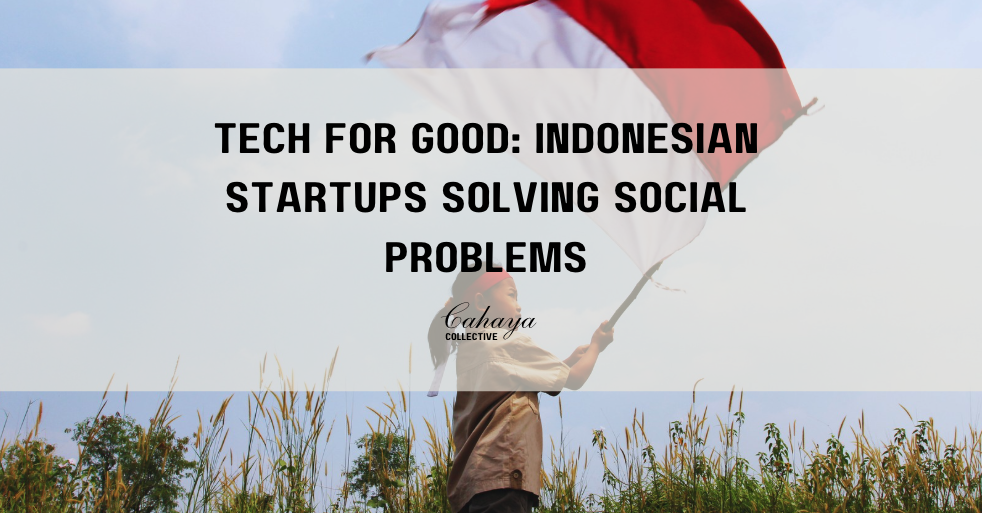
5G Rollout in Indonesia: Implications for Tech Startups and Consumers
As Indonesia embarks on its 5G journey, the nation is poised for a digital transformation that promises to reshape its economic and technological landscape. The rollout of 5G is not merely an upgrade in mobile network capabilities; it represents a quantum leap in connectivity, with far-reaching implications for tech startups, consumers, and the broader economy.
The State of 5G in Indonesia
Current Progress and Timeline
Indonesia's journey towards 5G began with initial trials in major cities like Jakarta, Surabaya, and Bandung, followed by the commercial rollout in 2021. Telkomsel, Indosat Ooredoo, and XL Axiata are among the leading telecom operators spearheading the deployment of 5G infrastructure across the archipelago. The government aims to achieve nationwide coverage by 2025, focusing on urban centers and industrial hubs before expanding to rural areas.
Government Initiatives and Policy Framework
The Indonesian government has been proactive in facilitating the 5G rollout through initiatives such as spectrum allocation, infrastructure sharing, and public-private partnerships. Policies promoting the development of smart cities and digital ecosystems are aligned with the broader vision of making Indonesia a leading digital economy by 2045.
Implications for Tech Startups
Enhanced Connectivity and Innovation
5G's ultra-fast speeds, low latency, and increased capacity offer tech startups unprecedented opportunities for innovation. Sectors such as IoT (Internet of Things), AR/VR (Augmented Reality/Virtual Reality), and AI (Artificial Intelligence) stand to benefit immensely from the enhanced connectivity, enabling real-time data processing and immersive experiences.
IoT and Smart Solutions
Startups focusing on IoT can leverage 5G to develop smart home devices, industrial automation solutions, and connected vehicles. The ability to support a massive number of devices simultaneously will drive the adoption of IoT across industries, from agriculture to manufacturing.
AR/VR and Immersive Tech
For startups in the AR/VR space, 5G's low latency is a game-changer. Applications in gaming, education, and healthcare can deliver seamless, interactive experiences that were previously unattainable. Startups can explore new business models centered around virtual events, training simulations, and telemedicine.
Scaling and Market Expansion
With 5G, startups can scale their operations more efficiently, accessing wider markets and delivering consistent user experiences. The network's reliability ensures that startups can deploy cloud-based solutions and edge computing, reducing the need for extensive on-premise infrastructure.
Attracting Investment
The promise of 5G-enabled innovation makes Indonesian startups more attractive to investors, both domestic and international. Venture capitalists and angel investors are likely to channel more funds into startups that are poised to capitalize on 5G, particularly in sectors like fintech, healthtech, and edtech.
Implications for Consumers
Improved User Experience
For consumers, 5G translates to faster download speeds, smoother streaming, and more responsive online experiences. This will enhance digital services across entertainment, education, and e-commerce, contributing to a more connected and efficient lifestyle.
Enhanced Mobile Experience
Smartphone users will enjoy lightning-fast internet speeds, enabling high-definition streaming, cloud gaming, and quick downloads. The proliferation of 5G-compatible devices will also drive demand for more sophisticated mobile applications.
Access to Smart Services
5G will make smart services more accessible to consumers. From smart homes with automated lighting and security systems to connected healthcare devices that monitor vital signs in real-time, consumers will experience a new level of convenience and efficiency.
Bridging the Digital Divide
The rollout of 5G has the potential to bridge the digital divide in Indonesia, particularly in underserved rural areas. By enabling high-speed internet access in remote regions, 5G can support education, healthcare, and economic development, fostering greater inclusivity.
Challenges and Considerations
Infrastructure Development
One of the primary challenges in the 5G rollout is infrastructure development. The vast and diverse geography of Indonesia requires significant investment in base stations, fiber optic networks, and other supporting infrastructure. Collaborative efforts between the government, telecom operators, and tech companies are essential to overcome these challenges.
Cost and Accessibility
The cost of 5G devices and services may initially be a barrier for widespread adoption. Ensuring affordability and accessibility for all segments of the population is critical to realizing the full potential of 5G. Policymakers and industry players must work together to create pricing models that are inclusive and sustainable.
Cybersecurity and Privacy
With increased connectivity comes heightened cybersecurity risks. Protecting consumer data and ensuring privacy are paramount as 5G enables more connected devices and services. Robust cybersecurity frameworks and consumer education are necessary to build trust in the 5G ecosystem.
Conclusion
The rollout of 5G in Indonesia is set to revolutionize the tech landscape, offering immense opportunities for startups and consumers alike. As the nation embraces this next-generation technology, the focus must be on fostering innovation, ensuring accessibility, and addressing challenges to create a digitally inclusive and competitive Indonesia. By leveraging the power of 5G, Indonesia is well-positioned to become a leader in the global digital economy, driving growth and prosperity for years to come.


